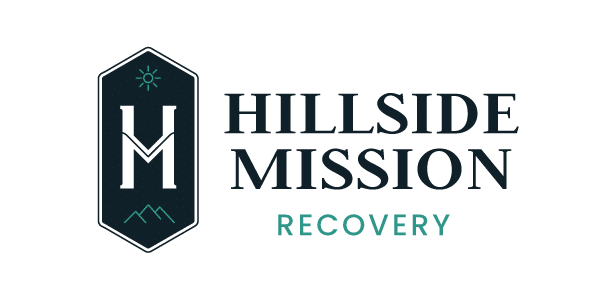You have worries that your loved one is struggling with a cocaine addiction. The whitish powdery substance you have seen a few times on their nose has intensified your suspicion. They keep asking to borrow money and you don’t know what to say. In order to best help them, you’ll want to know more about cocaine, the possible symptoms of a cocaine addiction, and how to help someone struggling with a cocaine addiction.
So, what are the symptoms of cocaine addiction?
Most cocaine addicts have trouble coming to terms with their addiction. It may be up to family and friends to observe for signs of cocaine use. Before we discuss the symptoms in-depth, let’s discuss why cocaine is addictive.
Cocaine Defined: Why Is Cocaine Addictive?
Cocaine is a highly addictive stimulant drug obtained from coca plant leaves of South America. It often comes in a white, powder form.
Aside from its medical uses, cocaine is often abused for pleasure and energy; this abuse usually leads to addiction. The repeated consumption of cocaine affects the brain’s structure and function, which becomes visible through the symptoms.
How does one go from occasional cocaine use to being unable to let go, despite knowing that the long-term use is harmful?
When cocaine is used either by snorting, injection, or smoking, it rushes to the brain through blood circulation. This then stimulates the release of the “feel-good” hormone, dopamine. It is this dopamine that gives the sought-after euphoric feeling – the cocaine high.
To relive the experienced extreme happy feelings, cocaine users keep using the drug. And within a short period, cocaine tolerance sets in, making them need a higher and regular amount to give them the same euphoria level. With time, they get addicted, and quitting becomes difficult.
Symptoms of Cocaine Addiction
What are the symptoms of cocaine addiction? The downside to cocaine addiction is devastating. It usually begins as a need for peer approval, a leisure activity, and ends with great repercussions to both the users and their loved ones.
So, people need to recognize the symptoms to get support or help their loved ones get clean if the need arises. Symptoms of cocaine addiction include:
- Runny nose or chronic sniffing
- Insomnia
- Red eyes
- Dilated pupils
- Bursts of energy and euphoria
- Mood swings
- Restlessness
- Overconfidence
- Tiredness
This addiction affects other aspects of the addict’s life, including causing financial troubles and poor academic performance or work competence. It can also cause the addict to engage in illegal activities to pay for a quick dose of the substance.
Health Risks Associated With Cocaine Addiction
Cocaine addiction is detrimental and comes with health risks; mental and physical. It affects numerous body tissues and organs. Some of the risks include:
- Nasal and lung damage
- Reduced immunity
- High blood pressure and increased pulse rate, breathing rate, and fever
- Heart attack, strokes, and seizures
- Loss of appetite
- Sexual and kidney dysfunction
- Cocaine psychosis – suspiciousness, delusion, hallucination
- Anxiety, depression, violence
How To Get Help With a Cocaine Addiction
It is important to seek solutions when one cannot break the addiction on their own. The good news is that cocaine addiction can absolutely be treated. Sometimes, those with cocaine addiction may not recognize that they have a problem.
The responsibility then falls on friends, families, or well-wishers to identify the need for addiction treatment. In either situation, the addicted person is best off by seeking professional assistance and treatment.
At Hillside Mission located in Orange County, CA, we offer a conducive environment for recovery and unique treatment plans personalized for each individual for long-lasting addiction solutions. Our staff and specialists are experts that are devoted to helping each client achieve a cocaine-free life.
If you are concerned about yourself or someone you care about, reach out to us today for help with addiction!






